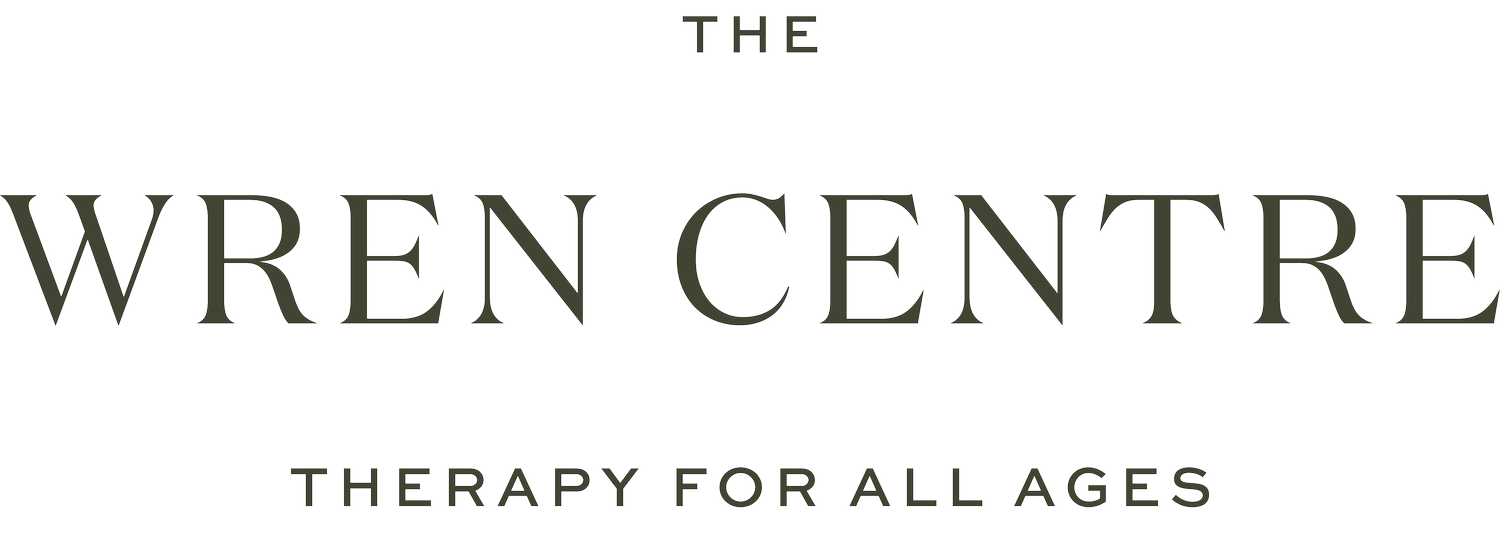When is it Time to End Therapy?
“Most people don’t begin therapy knowing when they’ll be finished. Often, it’s hard to imagine the “end point” beyond simply hoping something changes - and preferably quickly.
But therapy is meant to end - at least, for now. As I often tell my own clients: therapy is meant to be disruptive. Helpful, yes - but still disruptive. How do we know when we’ve done a good enough job … for now? When you can go live your life - and know you can always come back when you’re ready for more.
Many clients expect that knowing when to stop will be obvious. Sometimes it is: people recognize they’ve achieved what they set out to do and feel ready to wrap up. Other times, it’s less clear. It’s part of your therapist’s role to help you notice progress and reflect on whether therapy might be complete (for now).
It’s also common for clients to end therapy without bringing it up in session. That doesn’t necessarily mean something has gone wrong. Often, people worry about how their therapist will feel. Let me reassure you: at The Wren Centre, your therapist will support you. In fact, research shows that intentionally ending therapy in session helps you carry forward the benefits (Swift & Greenberg, 2015).
Here are some signs - from your experience and from your therapist’s perspective - that it may be time to consider ending therapy.
1. You notice more ease in daily life.
Therapy may have helped you move from surviving to living with more fluidity. If you once felt like you were “white knuckling it through life,” and now life feels “more spacious,” that’s worth noticing. Challenges still arise, but you meet them with the awareness and tools you’ve developed.
2. The therapy room feels quieter.
One of my mentors said, “When it starts to feel like friends catching up, that’s a sign therapy has run its course.”
If you’ve moved from urgent problems to more maintenance - checking in, reflecting, or using therapy as a supportive space - that may mean therapy has served its purpose for now.
The therapeutic alliance is a strong predictor of outcome, even in closure. Clients who feel respected and understood by their therapist tend to find ending easier - without guilt or a sense of unfinished business (Norcross & Lambert, 2019).
And remember, many people end therapy because they feel stronger and want to try life on their own - not only because of cost or scheduling (Westmacott & Hunsley, 2017). That choice can be something to celebrate.
3. Goals have been met - or have shifted.
Some people start therapy without clearly defined goals, beyond “I just don’t want to feel this way anymore.” That’s normal - your therapist can help you discover what you’re working toward.
Eventually, you may realize you’ve met those goals. Or, you may find your goals have shifted, and your current therapist isn’t the right fit for what’s next. Any therapist who has done their own inner work and views this as a vocation will support you - whether that means a pause, a break, or moving toward another approach.
4. Ending is part of the process.
Good therapy always includes preparing for the ending. A therapist’s job is, in a sense, to work themselves out of a job.
Saying goodbye can feel bittersweet, but it also offers practice in closure and helps you carry the relationship’s benefits into your wider life. A well-planned ending can be just as meaningful as the middle of therapy - closure itself is part of the healing (Owen & Hilsenroth, 2019).
If you’re wondering whether it’s time to end therapy, or if you’d like support deciding, we’d be honoured to help at The Wren Centre - our centre is located in west Ottawa and we serve clients in-person or with virtual sessions.


